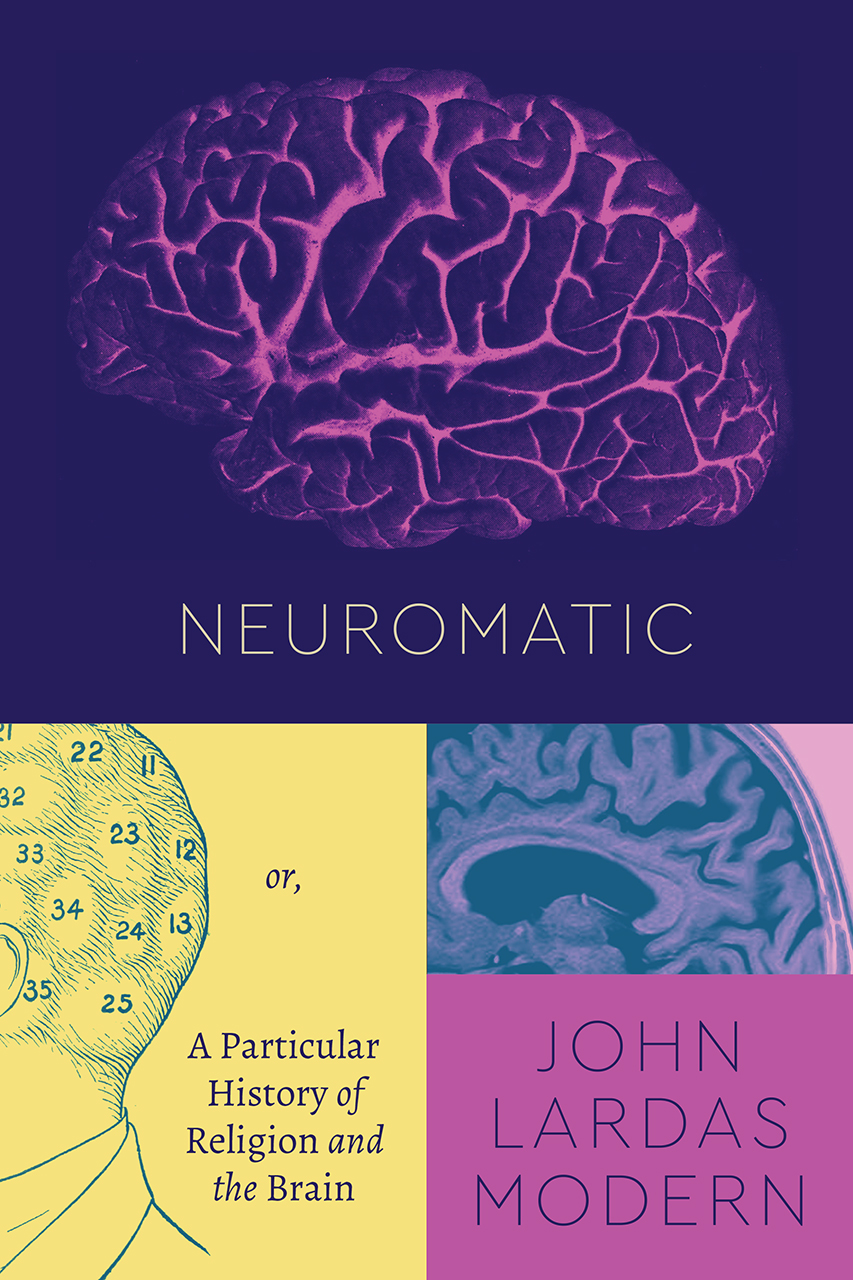
Other investigators involved in the review include Connie Svob, PhD, Jürgen Kayser, PhD, Elisa Drews, Youkyung Kim, Craig Tenke, PhD, and Jamie Skipper. Weissman and colleagues write, "Further studies with more rigorous study designs are warranted to elucidate the neurobiological mechanisms of religion/spirituality and their potential clinical applications."


Thus the review suggests interesting hypotheses that require further testing but are nowhere near definitive. For example, some studies lacked comparison groups, and many used non-validated measures of religiosity. While the studies offer new hypotheses into the neurobiological correlates of religion/spirituality, the researchers emphasize that they have major limitations and must be considered as preliminary. The researchers speculate that these brain regions might represent access to "an enhanced cognitive reserve that enables religious/spiritual people to cope better with negative emotions, more readily disengage themselves from excessive self-referential thinking, and ultimately be more resilient in the face of various psychopathologies." Weissman and coauthors write, "eligion/spirituality is a multifaceted construct that should not be separated from its biological, environmental, and social contexts." Noting the wide distribution of these regions within the brain, Dr. Most of the brain regions implicated are components of large-scale neural circuits involved in "higher-order functions" like emotion processing, empathy, and self-knowledge. However, the regions activated during religious behaviors were not consistent-perhaps reflecting differences in study methods. Other studies reported increased activity in certain brain areas during prayer or other religious practices, compared to non-religious tasks. Previous studies have suggested that higher DMN connectivity is associated with increased vulnerability to depression. Another study linked religiosity to decreased connectivity in a brain network called the “default mode network” (DMN). For example, some studies reported that the brain cortex was thicker in participants who said religion/spirituality was important to them. Of the 25 studies, 21 found differences in neural activation or brain structure associated with religious/spiritual states or behaviors, compared to non-religious/spiritual control conditions. While most of the studies investigated Christian religions, other religions including Buddhism and Islam were represented as well. The studies used varied indicators of religious/spiritual states, such as church membership or "religious zeal," or religious behaviors such as praying. Weissman's group at Columbia University, the review identified 25 studies of brain structural and functional characteristics associated with religion and spirituality, using techniques such as electroencephalography and functional magnetic resonance imaging. Rim, MD, JD, and Jesse Caleb Ojeda from Dr. The new report is the first comprehensive overview of research on the neurobiological correlates of religion and spirituality. The group had been performing studies of brain structural and functional characteristics associated with religion and spirituality. Weissman and her group found a lower rate of depression among people reporting that religion and spirituality were highly important to them. In recent years, many but not all studies have reported positive effects of religion and spirituality on mental health and well-being. Research Points to Brain Areas and Functions Involved in Religion and Spirituality Weissman, PhD, of Columbia University Vagelos College of Physicians and Surgeons and colleagues at New York State Psychiatric Institute. The studies in the review, with some important limitations, collectively suggest that the experience of religion/spirituality may have specific neurobiological correlates, writes Myrna M. The journal is published in the Lippincott portfolio by Wolters Kluwer. Newswise - September ∙∙, 2019 – Evidence suggests that religious and spiritual states and behaviors are related to certain structures and processes in the brain, concludes a research review in the September/October issue of Harvard Review of Psychiatry. News Research News Releases Journal News Medical News Science News Life News Business News Expert Pitch Google Fact Check Research Alert Marketplace News With Video/Audio Multimedia RSS Feeds by

Latest News Coronavirus News Currently Embargoed


 0 kommentar(er)
0 kommentar(er)
